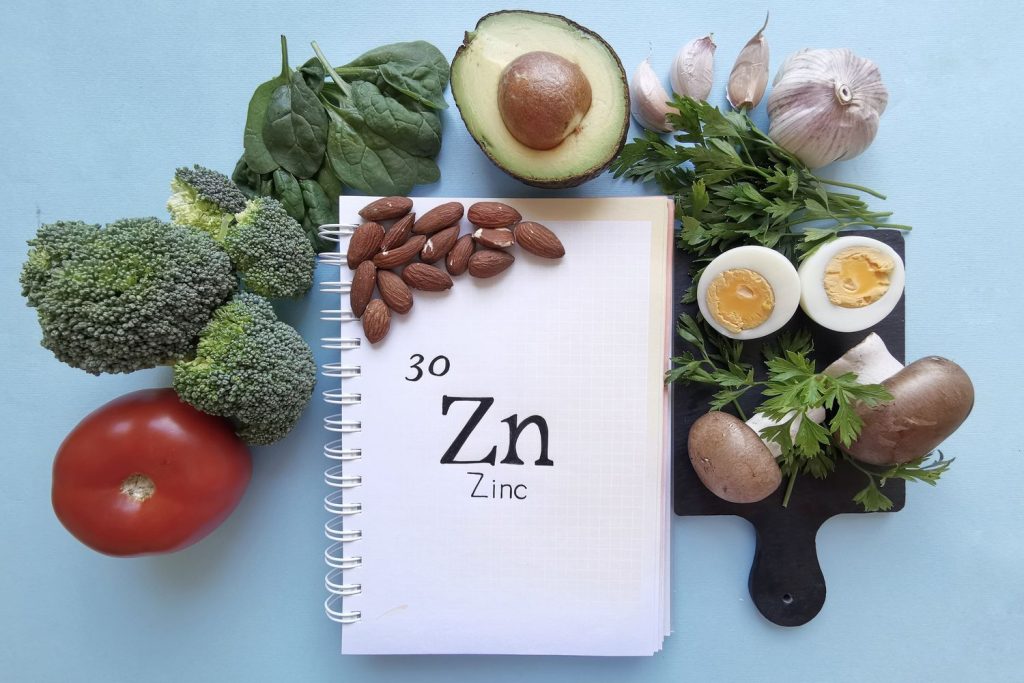The role of zinc in supporting women’s immune health

In today’s fast-paced world, maintaining a strong immune system is crucial for women. A robust immune system helps defend against various health challenges and promotes overall well-being. While several factors contribute to a healthy immune system, one vital mineral stands out for its exceptional role – zinc.
The Importance of Zinc
Zinc is an essential nutrient that plays a multitude of roles in our bodies. It is involved in over 300 enzymatic reactions, making it necessary for various bodily functions, including growth, development, and synthesis of hormones. Zinc is also crucial for maintaining a well-functioning immune system.
How Does Zinc Support the Immune System?
Zinc plays a vital role in supporting the immune system by aiding in the development and activation of immune cells. It is necessary for the production and functioning of T-cells, B-cells, natural killer cells, and other immune cells that combat pathogens and protect the body against infections.
Zinc also contributes to the production of antibodies, which are proteins that recognize and neutralize harmful foreign substances in the body. By enhancing antibody production, zinc helps strengthen the body’s defense mechanisms.
Zinc and Women’s Immune Health
Women often face unique challenges that can impact their immune health, including hormonal fluctuations and reproductive issues. Research suggests that adequate zinc intake can significantly support women’s immune health and help manage these challenges effectively.
One particular area where zinc plays a significant role in women’s health is during pregnancy. Adequate zinc levels are crucial for the proper development of the fetal immune system. Zinc deficiency during pregnancy has been linked to an increased risk of infections and compromised immune function in both the mother and the developing baby.
Sources of Zinc
To ensure optimal immune health, it is essential for women to incorporate zinc-rich foods into their diet. Good dietary sources of zinc include:
Shellfish (such as oysters, crab, and mussels)
Poultry (such as chicken and turkey)
Lean meats (such as beef and pork)
Legumes (such as chickpeas and lentils)
Nuts and seeds (such as pumpkin seeds and cashews)
Whole grains (such as quinoa and brown rice)
Supplementing with Zinc
In some cases, meeting the recommended daily intake of zinc through diet alone may be challenging, especially for women with specific dietary restrictions or preferences. In such cases, zinc supplements can provide an effective solution.
However, it’s important to consult with a healthcare professional before starting any supplement regimen, as they can assess your individual zinc requirements and guide you on the appropriate dosage.
Conclusion
Zinc plays a vital role in supporting women’s immune health. Its involvement in various immune processes, including the development and activation of immune cells, highlights its significance for overall well-being. Alongside a healthy diet, regular exercise, and sufficient rest, incorporating zinc-rich foods or supplements can help women ensure optimal immune function and maintain their well-being even in challenging times.




